Keywords: Fr Frank Brennan
There are more than 200 results, only the first 200 are displayed here.
-
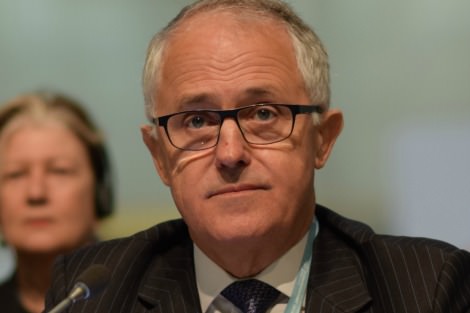
RELIGION
- Frank Brennan
- 06 September 2016
23 Comments
Once Turnbull went to the election with a commitment not to legislate for same sex marriage except after the conduct of a successful plebiscite, it was inevitable that the only way forward to resolving the issue during the life of this parliament would be by enacting legislation to authorise a plebiscite. A conscience vote during the life of this parliament, and without a plebiscite, would leave the opponents of same sex marriage rightly feeling that the government had breached an election commitment.
READ MORE 
-
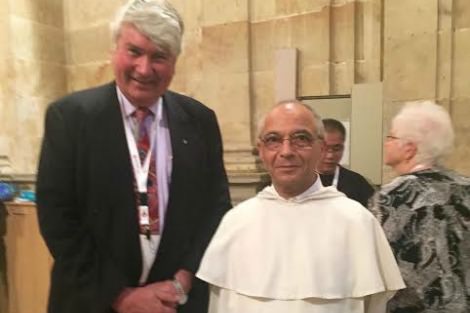
INTERNATIONAL
- Frank Brennan
- 05 September 2016
1 Comment
'I am a Jesuit amongst Dominicans contemplating the Church's view of human rights. I am a human rights practitioner rather than a theologian, aware that human rights discourse is increasingly more universal and secular. Contemplating, preaching and enacting human rights in the 21st Century Church and World, I come asking two questions.' Frank Brennan's keynote presentation in Salamanca Spain to the International Congress of Dominicans in the Promotion and Defence of Human Rights: Past, Present, Future on the occasion of their 800th anniversary.
READ MORE
-
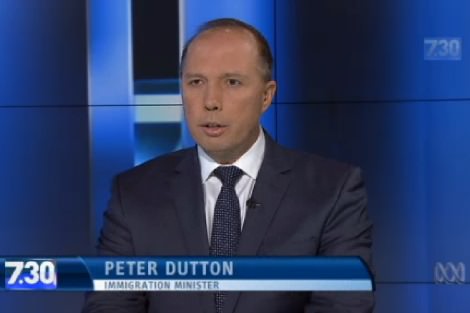
RELIGION
- Frank Brennan
- 16 August 2016
23 Comments
The suggestion that those camps need to remain filled in order to send a message to people smugglers is not only morally unacceptable; it is strategically questionable. Those proven to be refugees should be resettled as quickly as practicable, and that includes taking up New Zealand's offer of 150 places a year - just as John Howard did when he accepted New Zealand's offer to take 131 from the Tampa. It's time to act. Ongoing inaction will send a green light to desperate people to do desperate things.
READ MORE 
-

RELIGION
- Frank Brennan
- 01 August 2016
Inspired by the person Ignatius, inspired by the person Jesus, we are motivated to make a difference; we are passionate to seek justice for all, especially the poor and the marginalised; we are convinced that we can find God in all things, even in the Don Dale Detention Centre; we know that all persons are called to a deep interior freedom, even those prison guards with hardened hearts; we are convinced that the law of the Lord teaches us right from wrong and that the ways of the Lord inspire us to do and proclaim what is right and to denounce what is wrong, especially when the wrong is done by the powerful upon the powerless.
READ MORE
-
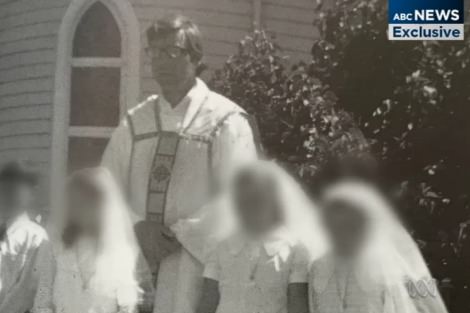
RELIGION
- Frank Brennan
- 29 July 2016
81 Comments
Wednesday night's ABC 7.30 program carried allegations against Cardinal George Pell which, if true, are devastating: life ruining for victims like Damian Dignan and Lyndon Monument; confronting for all citizens committed to the wellbeing of children; and earth shattering for Catholics who still have faith in their church. The report is also troubling for those of us concerned about due process and the rule of law - not as academic notions for lawyers but as the secure bulwarks of a society in which everyone's rights and interests are protected.
READ MORE 
-
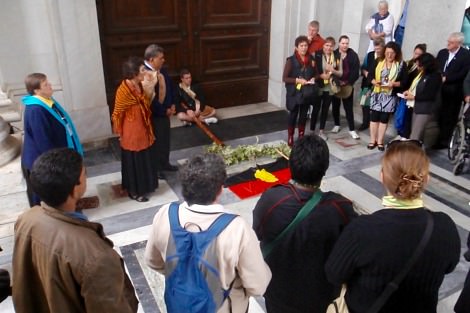
INTERNATIONAL
- Frank Brennan
- 27 July 2016
2 Comments
The violence at the pastoral frontier of the British colonies here in Australia was all pervasive. 228 years after it commenced, we are still experiencing the after-effects. When I started advocating Aboriginal rights here in Australia almost 40 years ago, the prevailing wisdom was that the missions and missionaries were all bad news. It will come as no surprise that I have always doubted that Aborigines were well rid of religion and the missionaries in all circumstances.
READ MORE
-
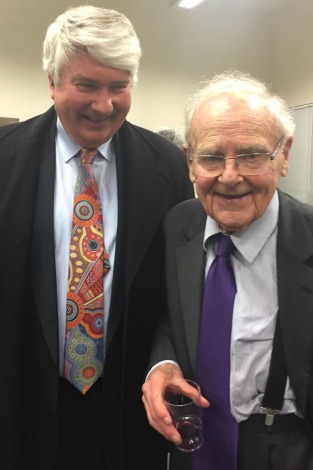
INTERNATIONAL
- Frank Brennan
- 26 July 2016
3 Comments
John traces the political ascent and descent of Sturzo whose first public office was as mayor of his own town. The chapter headings mark each step up and down the Everest of Italy's experiment with democracy and fascism: the emergence of political Catholicism in Italy; the dream takes shape; democracy without direction; democracy in decline; the search for a leader; the stick and the carrot; the voice of the watchman; and enter the night. Sturzo goes into exile; Mussolini takes over; and the Vatican is well pleased because the Roman Question is finally resolved in 1929 with the Lateran Treaties negotiated by Mussolini and Pope Pius XI, each of whom got what they were looking for.
READ MORE
-
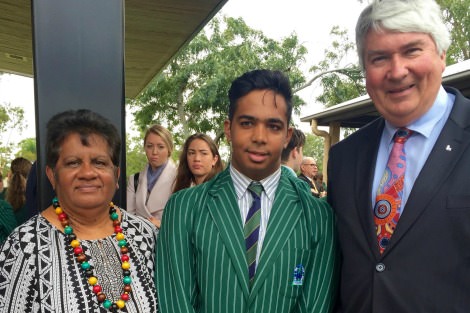
AUSTRALIA
- Frank Brennan
- 25 July 2016
7 Comments
Next year marks the 50th anniversary of the amendment to the Constitution which took out the adverse references to Aborigines. Following our recent election, we are assured at least six, and possibly seven, members of our national parliament who proudly claim an Aboriginal or Torres Strait Islander heritage. They are represented in all parties and none. How good it would be if our elected Aboriginal politicians could come together across party lines and propose an amendment to the Constitution which recognises them.
READ MORE 
-

AUSTRALIA
- Frank Brennan
- 10 June 2016
46 Comments
Sadly, the major political parties have forfeited any claim to govern in their own right because they have caused such disillusionment among so many voters about other policy issues with strong moral overtones. Any voter impressed with Pope Francis' encyclical Laudato Si' or inspired by his visits to asylum seekers on the islands of Lampedusa and Lesbos could not blithely vote for either of the major parties, without first determining how to place some continuing political and moral pressure on them.
READ MORE 
-

AUSTRALIA
- Frank Brennan
- 30 May 2016
5 Comments
'Being in the middle of an election campaign, I will not be making any partisan party political points. However being here in the bellwether seat of Eden-Monaro, I will conclude with a critique of both major political parties, and with one piece of political advice for citizens of goodwill seeking a national asylum policy more in harmony with the ideals set out by our bishops in their social justice statement.' Yass Catholic Parish Potluck Dinner, 28 May 2016
READ MORE
-
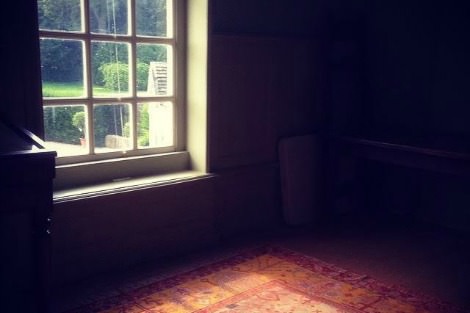
INTERNATIONAL
- Frank Brennan
- 17 May 2016
30 Comments
Once the state legislates to permit assistance with the suicide of a dying, suffering, mentally competent person, the door could well be opened to those who agitate a right to kill and not just a liberty to assist with suicide, and that door could be pushed open onto a class of patients which ultimately will include those who are not dying at all That door is now wide open in Belgium and the Netherlands, while he Canadian Parliament is trying to place appropriate limits. I'm for keeping that door firmly shut.
READ MORE 
-

RELIGION
- Frank Brennan
- 02 May 2016
2 Comments
READ MORE